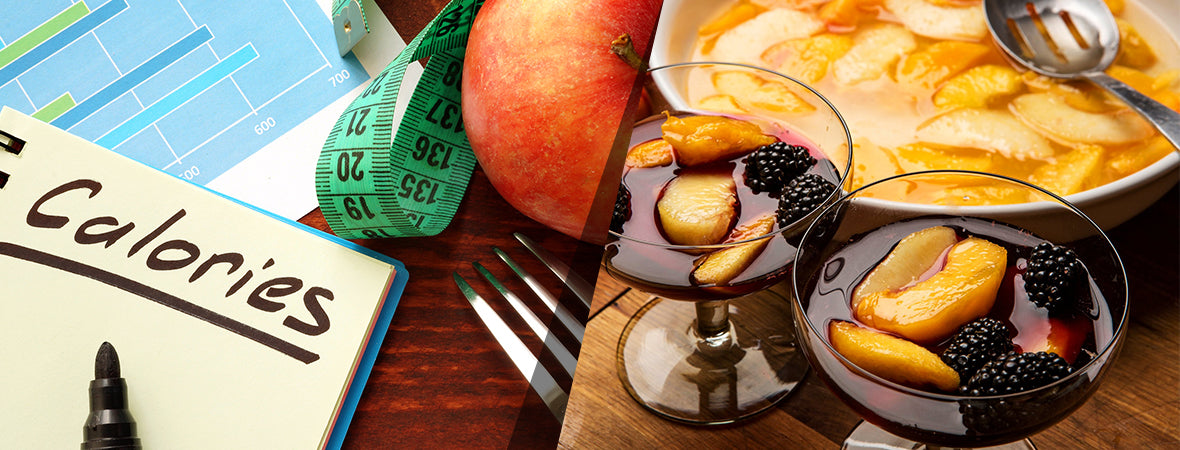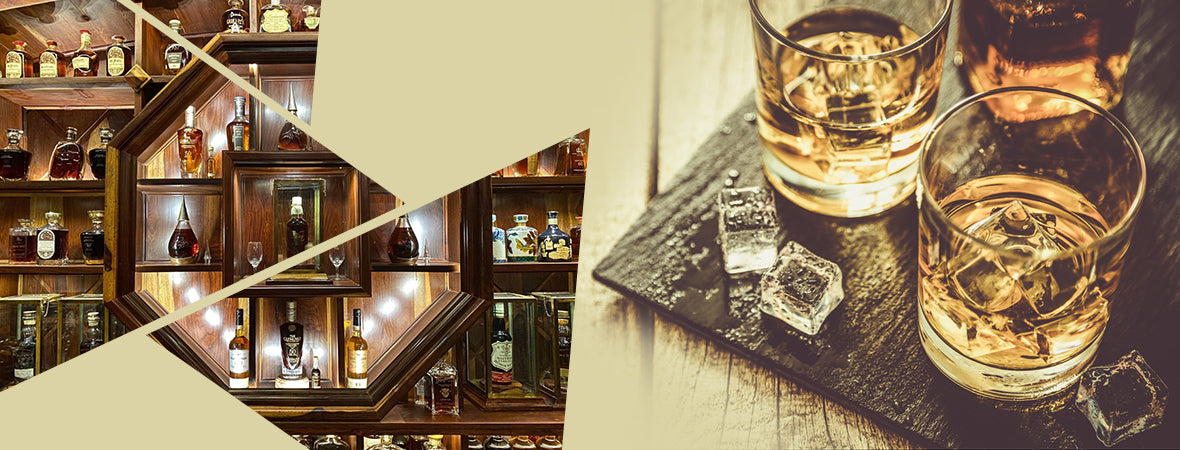Obesity is a major problem we face in the world today so many of the foods and drinks we consume are becoming more health conscience. Choosing the right food can help in the fight against obesity and making little changes can help. With red wine becoming more popular for its help in fighting cardiovascular disease, there is not much information on wine labels to help determine the calories in a glass of wine.
Just like any other product, too much of a good thing can sometimes be bad. Hopefully this article will help with deciding whether or not to add that glass a day of wine to your diet. You don’t have to worry too much about fats in wine because there isn’t any but the thing you might want to keep an eye on is the sugar content. Sugar is a carbohydrate that occurs naturally in every fruits and vegetable.
The way sugar affects our diet is when we take more sugary carbohydrates in than we burn. At 16 calories per teaspoon, sugar is not fattening but any excess calories from sugar that the body doesn’t need gets stored in the body and you gain weight. Below is some estimated information on the calories contained in a bottle of wine.
Calories per varietal:
Port, Muscatel, fortified wines- These wines, especially fortified wines may be high in alcohol. Some even contain levels around 18% percent. The wines are on the sweeter side and contain the most sugar than other wines. These wines can contain anywhere from 900 calories to 1,200 calories per bottle.
Cream sherry, Sweet, fortified, wines- These wines can also contain high levels of alcohol as well as sugar levels around 1,065 calories per bottle.
Dry, fortified, Sherry, wines- These wines can contain high levels of alcohol and around anywhere from 600 to 780 calories per bottle. If one serving size glass is around 6 oz., than you can get around 4 to 5 glasses out of a 750ml size bottle.
Champagne, Sparkling wines- These pleasant sparkling crisp refreshing drinks are a must for celebrations and toasts. On average a bottle of champagne, white and brut or extra dry can contain anywhere from 450 to 531 calories per bottle.
Red wines, Rose, Medium bodied wines- These wines are actually among the healthiest for you. Red wine contains high levels of resveratrol which studies have shown can help reduce the thickening of arteries and help improve cardiovascular disease. Red wines contain around 500 to 562 calories per bottle.
White wines, dry, table white wines- These wines are great with light meals and appetizers. They can run anywhere between 480 to 560 calories per bottle.
These figures are estimated and the true calorie count depends mostly on the type of wine you are drinking. Some white wines like pinot grigio are more on the dry side than a vinho verde which may change the calorie count per bottle. Upon average, a glass of white or red wine can contain anywhere from 100 to 140 calories per 6 oz. glass. The 6oz. serving size is based on what bars and restaurants serve customers. Glass serving sizes vary on the consumer.
The good thing about wine is that it does not contain any fats which with moderation can actually help a healthy diet. Even moderate intake of alcohol can benefit the body by decreasing the risks of strokes, diabetes, rheumatoid arthritis, osteoporosis and cardiovascular disease. But like I mentioned before, moderation is the key. Excess abuse of alcohol can not only damage the liver but can cause major health problems if abused excessively. Doctors urge older patients to drink about a glass of red wine per day with dinner or to be a bit more technical, 140g to 210 grams per week for men and 84g- 140 grams per week for women. Of course consumption is not recommended for pregnant women or women who breastfeed. Below is a chart that might make things a little easier.
*These are estimates based on average bottles of wine. Some wines may contain more sugars than others.
|
Wine |
Calories |
Fat(g) |
Carb |
Protein |
Amount |
|
Wine, Fortified, Port, Muscatel |
1,120 |
0 |
98 |
1.5(g) |
750ml |
|
Wine, Cream Sherry, Sweet Sherry, Fortified |
1070 |
0 |
87 |
1.5 g |
750ml |
|
Wine, Dry, Sherry, Fortified |
790 |
0 |
7.5 |
0 |
750ml |
|
Champagne, Sparkling wines, Cava, Prossecco, average |
540 |
0 |
12.5 |
0 |
750ml |
|
Red Wine, Rose, Medium bodied |
500 |
0 |
4.7 |
0 |
750ml |
|
White wines, table, dry wines |
560 |
0 |
7.5 |
0 |
750ml |
|
Sake, Rice wines, Wines with higher alcohol |
415 |
0 |
9.4 |
0.8 |
750ml |
Further reading: The facts about healthy ingredients in wine.





